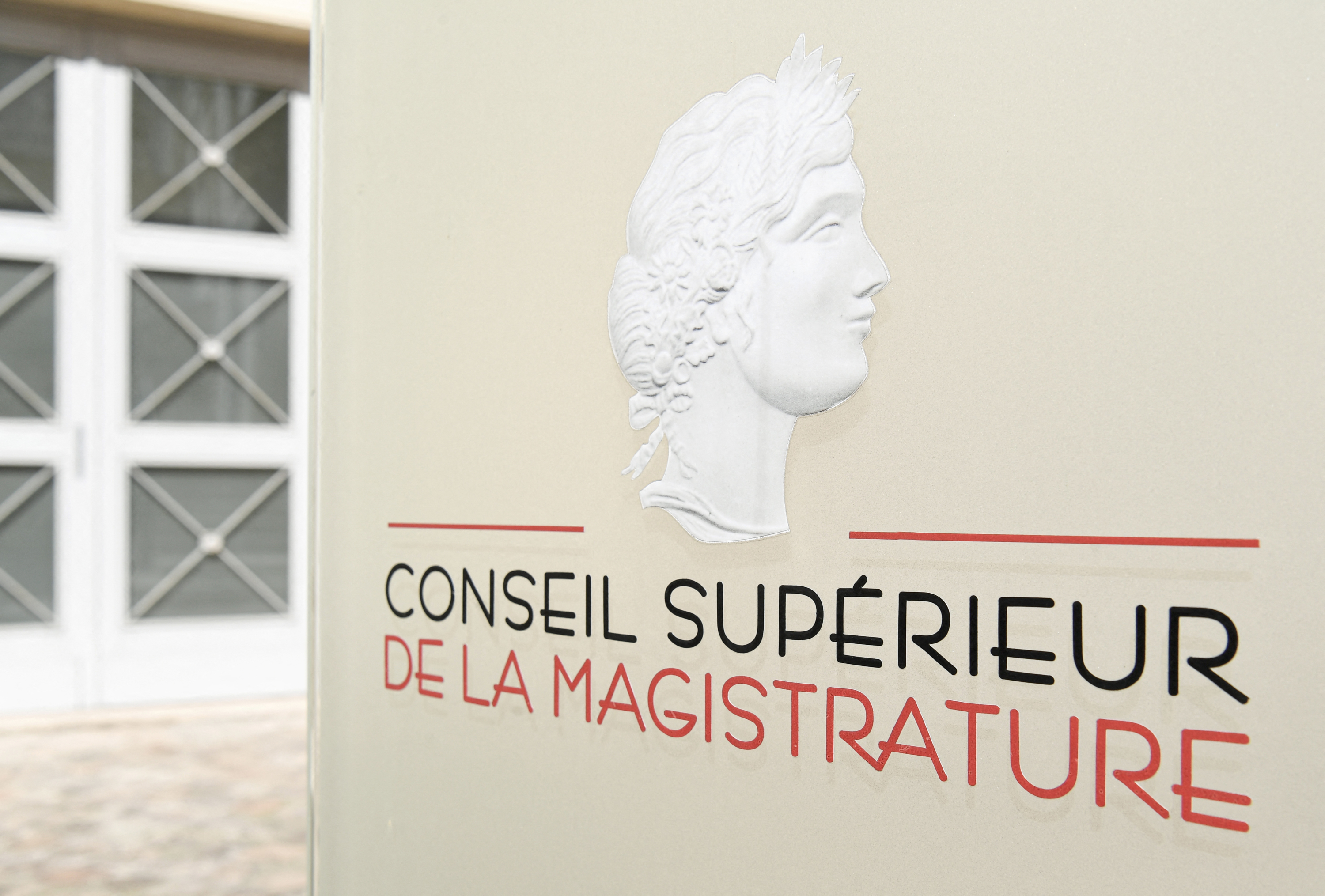Judicial Bodies Condemn Threats Against Judges in Sarkozy's Libyan Case
French judicial bodies respond to threats against judges following Sarkozy's conviction.
- • CSM condemns threats against judges in Sarkozy's Libyan case.
- • Judge Nathalie Gavarino received threatening messages prompting investigations.
- • Syndicat de la magistrature criticizes Macron's silence on the issue.
- • Minister of Justice supports judiciary and condemns threats.
Key details
France's judiciary is facing a moment of intense scrutiny following threats directed at magistrates involved in the case against former President Nicolas Sarkozy, who was sentenced to five years in prison for illegal campaign financing linked to Libya. The Conseil supérieur de la magistrature (CSM), France's constitutional body tasked with safeguarding judicial independence, has condemned these attacks, warning that they threaten the very foundation of democracy.
Judge Nathalie Gavarino, who presided over Sarkozy's trial, has received threatening messages, prompting the Paris prosecutor's office to initiate two investigations into these threats, underscoring the potential risks judicial officials now face. "While freedom of expression allows for criticism, it must not cross the line into threats against judicial independence," stated the CSM, emphasizing that personal attacks undermine both the rule of law and public trust in the justice system.
However, the Syndicat de la magistrature has raised alarms over President Emmanuel Macron's silence regarding this issue, labeling it "deafening" in light of his constitutional role as the guardian of judicial independence. They argue that Macron’s lack of response, especially after the ruling, is troubling given the attacks on the judiciary. In contrast, Gérald Darmanin, the resigning Minister of Justice, has openly condemned the threats as "absolutely intolerable in a democracy," reflecting a mixed political response to the crisis at hand.
The ongoing situation highlights a tumultuous intersection between political discourse and judicial safety, raising critical questions about the future of judicial impartiality in France amid growing public dissent.
This article was translated and synthesized from French sources, providing English-speaking readers with local perspectives.
Source articles (4)
Source comparison
Date of Sarkozy's sentencing
lemonde.fr
"Sarkozy was convicted to five years in prison on September 28, 2025."
lefigaro.fr
"Sarkozy was sentenced to five years in prison for illegal campaign financing linked to Libya."
lefigaro.fr
"Sarkozy was sentenced to five years in prison with deferred custody two days before his appearance at the Parc des Princes."
Latest news
Pau's Local Election Campaign Gathers Momentum Amid Broader Political and Economic Concerns
French Companies and Regions Accelerate Efforts in Nature-Related Economic Transition
France Heightens Military Readiness Amid Iran Conflict, Pledges Defense Support to Gulf States
Jean-Luc Mélenchon Faces Accusations of Antisemitism Over Joke on Raphaël Glucksmann's Name
Tensions and New Faces Mark the 2026 French Municipal Elections
France Bolsters Military Presence in Gulf Following Iranian Drone Attacks
The top news stories in France
Delivered straight to your inbox each morning.


